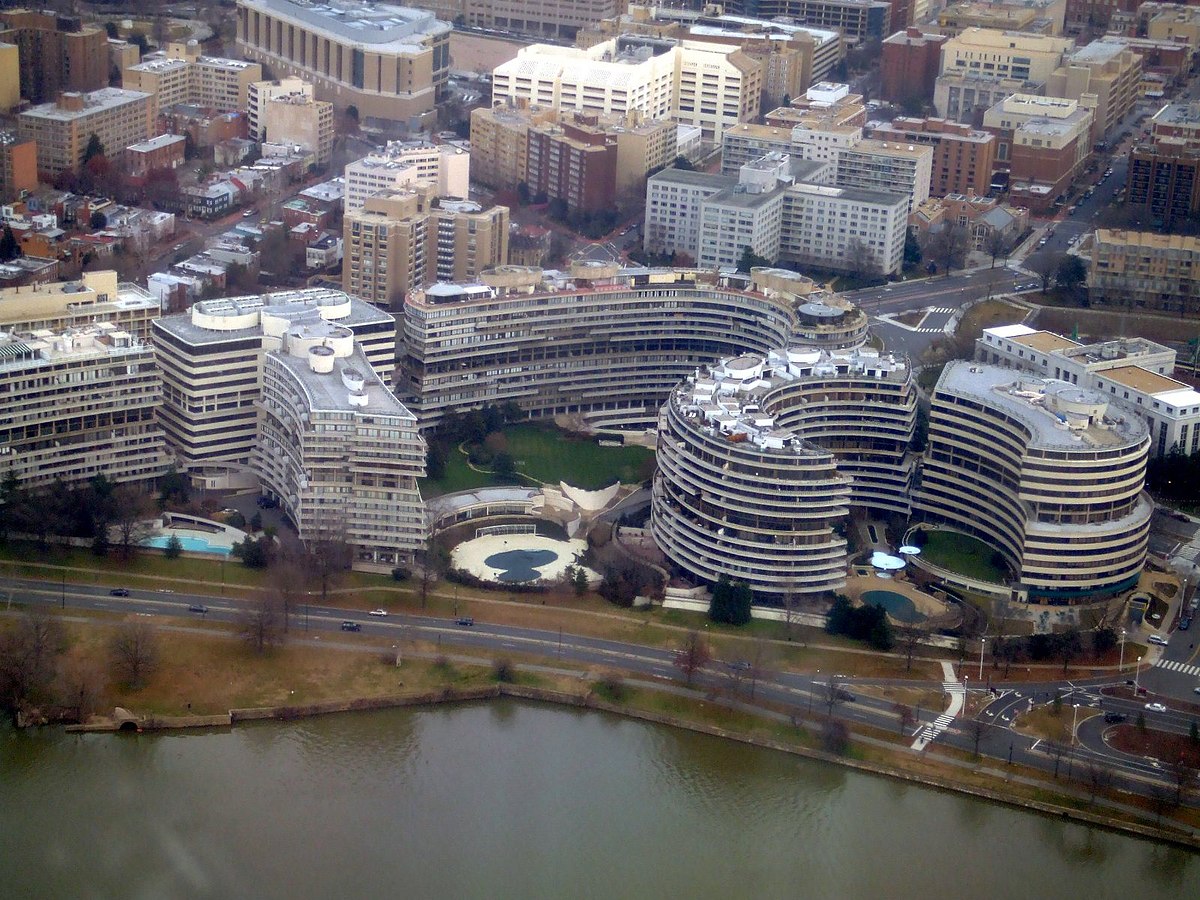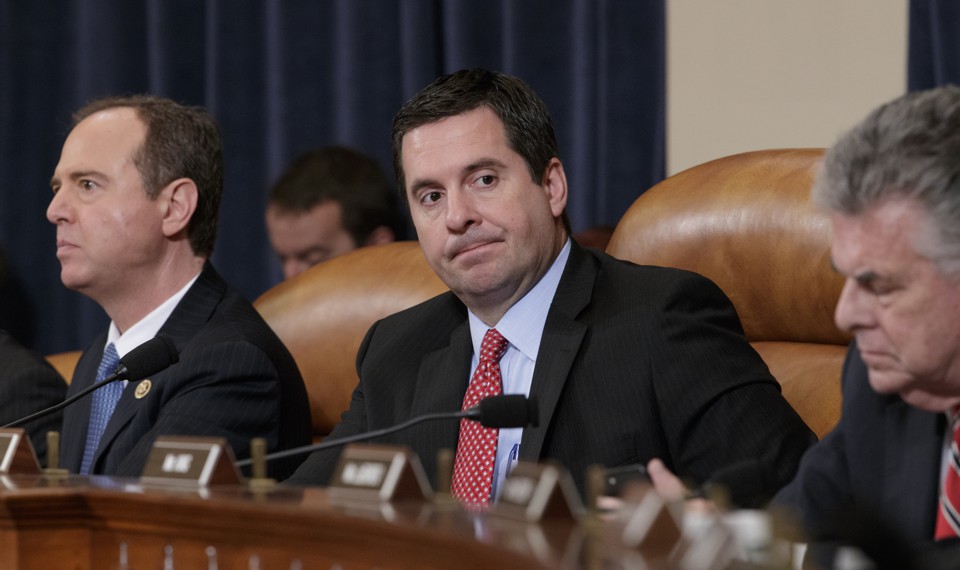 |
| Graphic included for purposes of titillation... |
Both Israeli and American public consciousness have been riveted for the past year and more on investigations by special police units into the doings of their political leaders. In Israel's case, the elite Lahav 433 investigative unit of the Israeli Police has been investigating charges of bribery and corruption against the country's head of government, Prime Minister Benjamin ("Bibi") Netanyahu. In the case of the USA, a group within the Federal Bureau of Investigation (FBI) headed by Special Counsel Robert Mueller (past director of the FBI), has been investigating charges that President Trump and his campaign, transition, and White House staff colluded with Russian nationals, possibly with the government of the Russian Federation, to influence the outcome of the 2016 US Presidential Election, ie, to secure a win for Trump and a loss for Hillary Clinton. In both affairs, the investigators came out publicly last week with findings.
I'd like to take a moment to state a trio of remarkable parallels between the two men, Bibi and Trump.
Both wield political power that is contraindicated by weaknesses within their respective political parties. Never in the history of the modern State of Israel has a single party been able to form a government without some serious coalition building with other parties, but the number of seats held by Likud, Bibi's party, 30 in a Knesset of 120 seats, is an historic low by a ruling party. Somewhat likewise, while the Republican party now holds a comfortable majority in the US House of Representatives with 248 seats as opposed to the Democrats' 187, they are weak in the US Senate with 51 seats as opposed to the Democrats' 49 (including two independents who caucus with their Democratic colleagues). While 51 is a majority, in the Senate certain types of issues require 60 votes, plus there are several 'moderate' Republicans who do not reliably vote with their party colleagues. So both Bibi in Israel and Trump in the USA, face difficulties in passing legislation.
Additionally, both men wield their power despite that they are considered deeply flawed by many voters, yet enjoy a great deal of personal support by voters who see no viable alternative. In Israel, where there is really only one issue that matters in a general election - the security situation - no potential prime minister has the support of the electorate that Bibi enjoys, in terms of confidence that, come what may, he will be able to protect the nation in a time of war or conflict. This explains in large part why he has clung to power over so many years, despite that everybody seems to have some beef with him and/or his party. Trump is, of course, much newer to his office. But he was elected, in part and as I've mentioned before, because enough voters thought his flaws were not as fatal as those of his opponent. And, although it's early to say, it appears at this time that the Democrats are unlikely to find and put up against him in 2020, a candidate who can outshine him and stand out as a viable alternative. That is, unless Trump were felled by a major scandal.
The final parallel: both politicians, under fire by investigators and the press in their respective countries, claim that both organs are out to get them unfairly.
 |
| US President Trump and Special Counsel Robert Mueller |
 |
| Israeli PM Netanyahu and Attorney General Avichai Mendelblit |
So despite exhaustive investigations by elite units that have stretched out over long periods of time, it remains to be seen that Trump is guilty of anything, or that Bibi is guilty of anything other than accepting some Scotch and cigars.
As to the third parallel I mentioned above, that both claim to be the target of a vast conspiracy to 'get' them. In both cases, they have been accused of paranoia. But that brings to mind the words of Joseph Heller in his novel, Catch 22: Just because you're paranoid, doesn't mean they aren't out to get you.
And the beat goes on...



